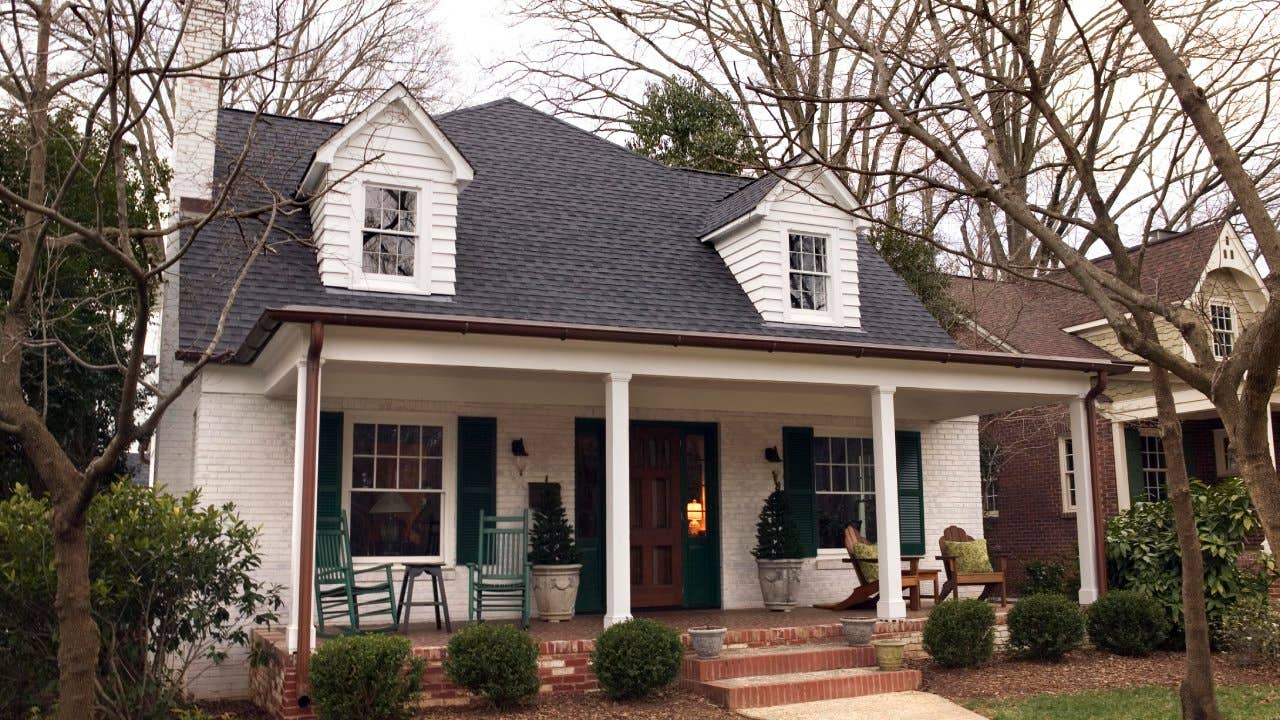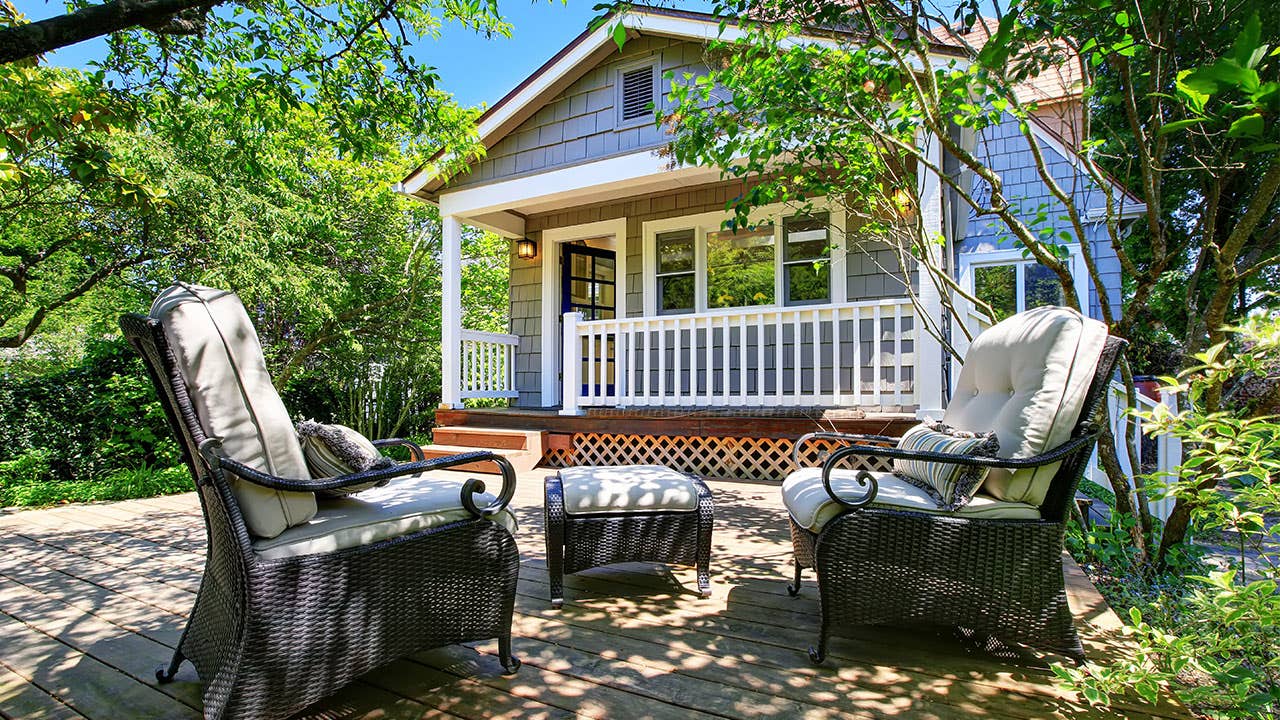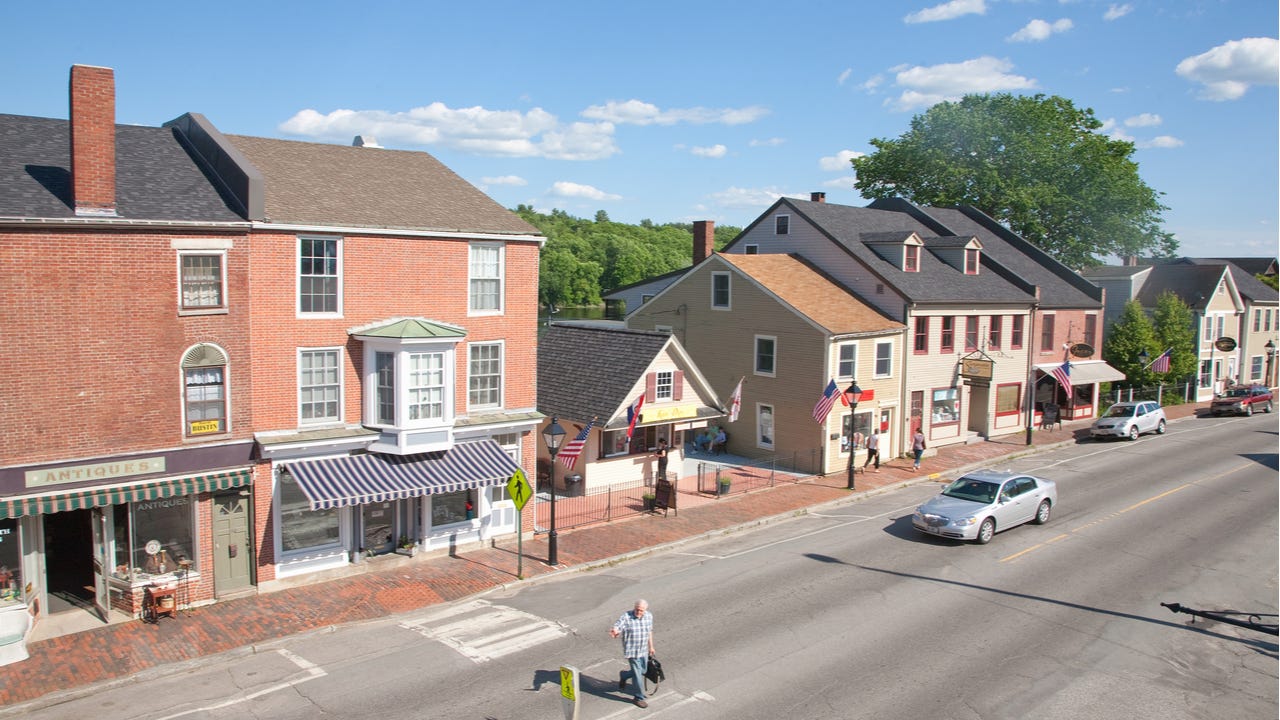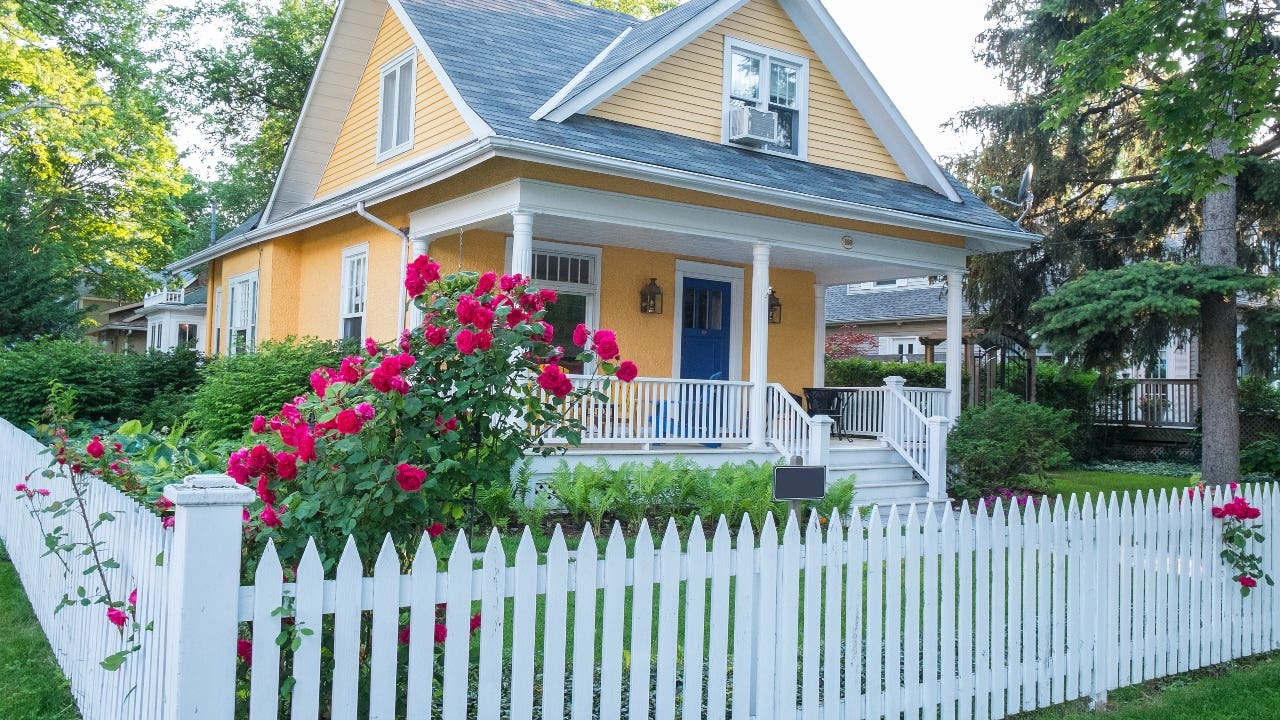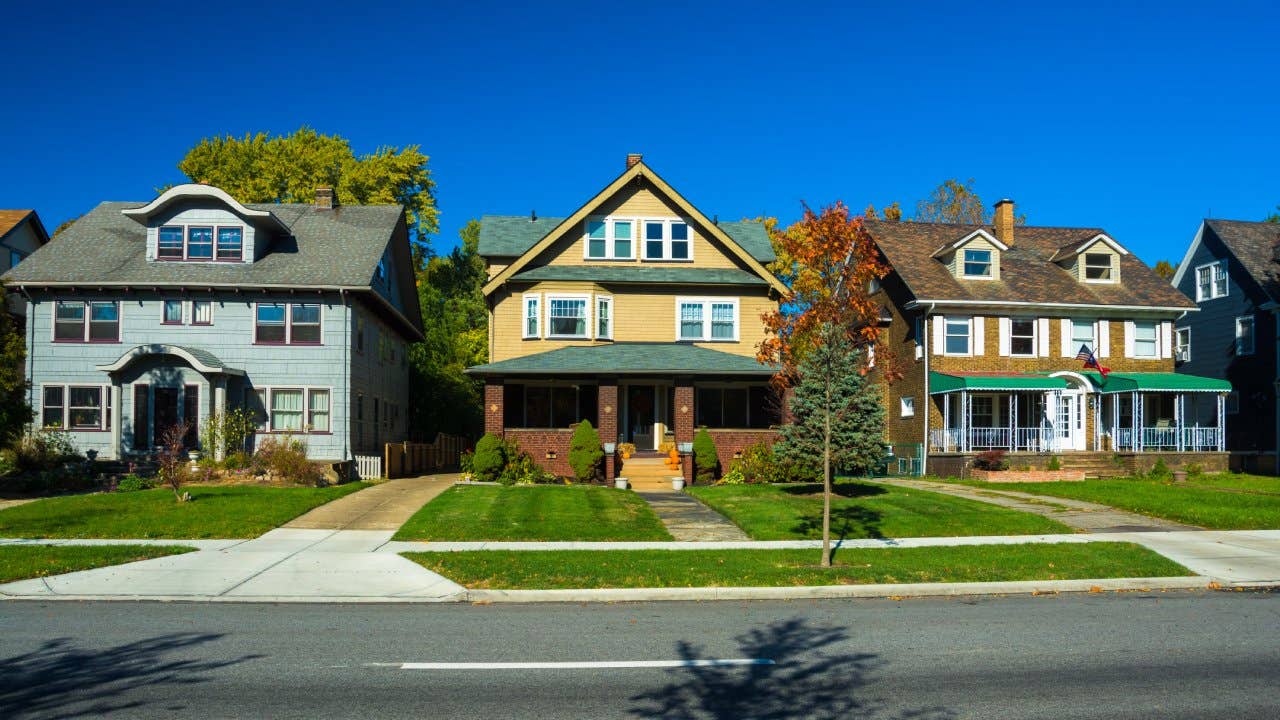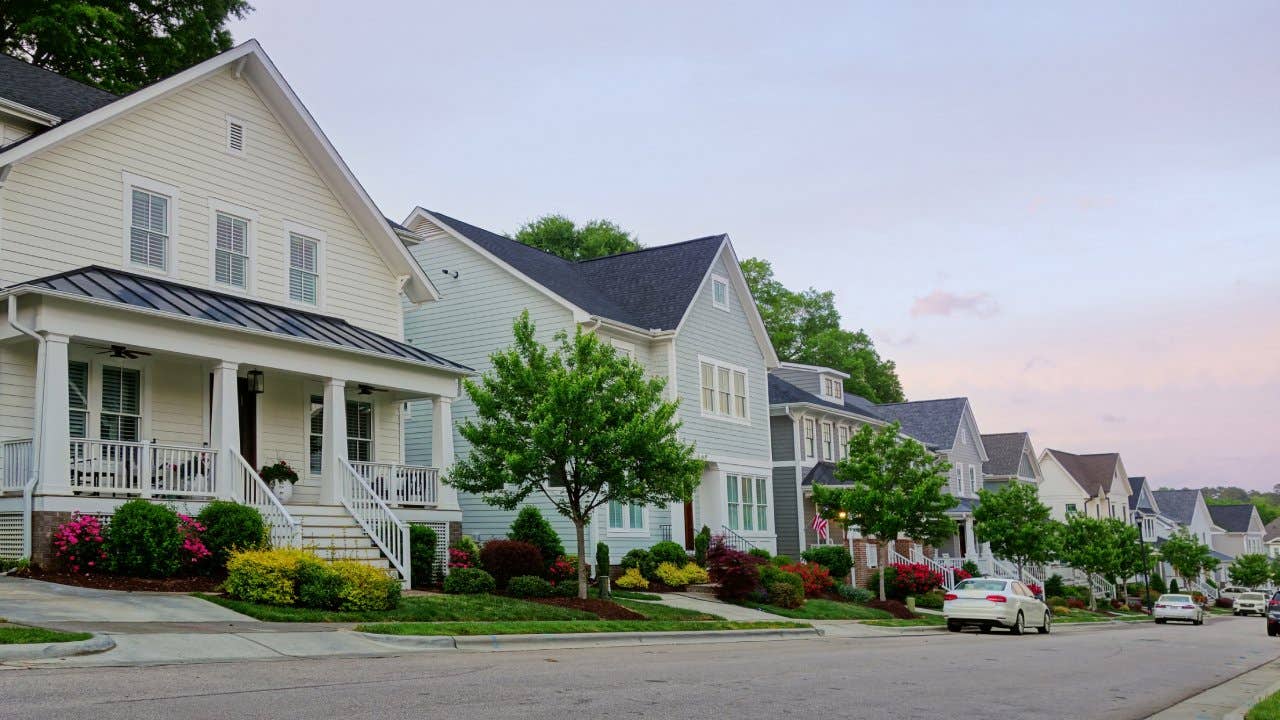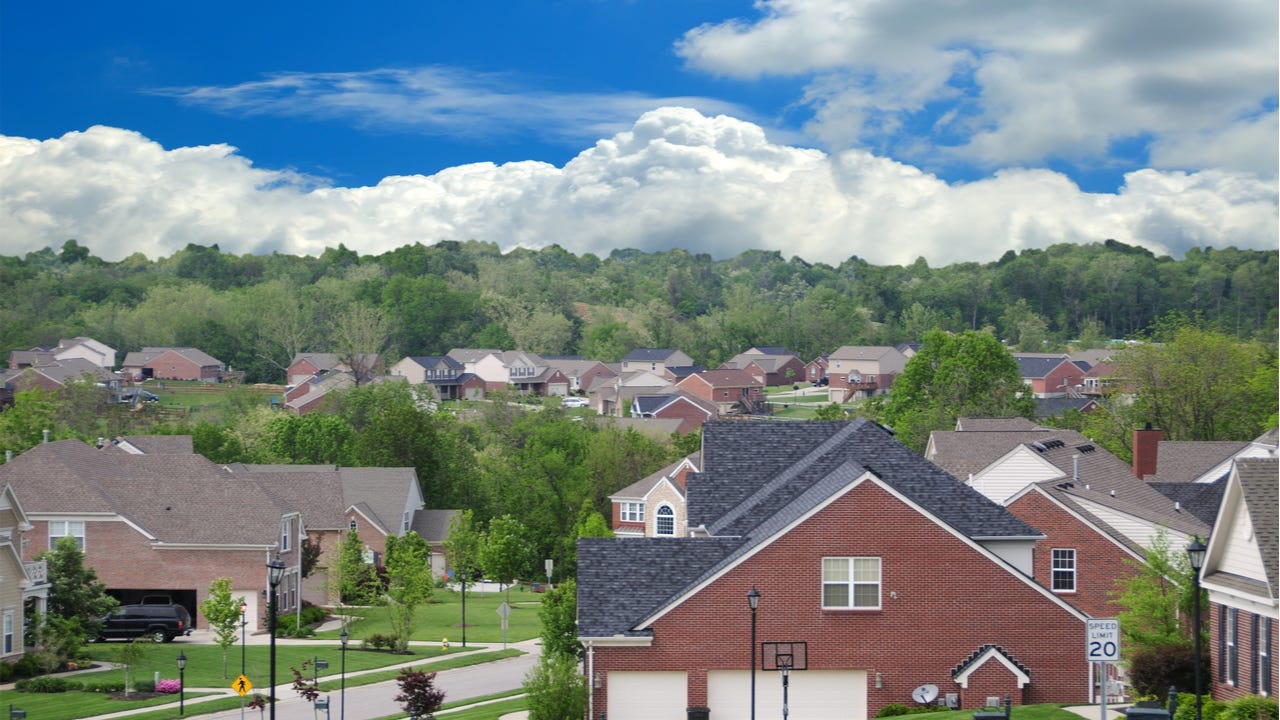
Homeowners Associations (HOA) help keep your community neat and safe, and often maintain shared neighborhood amenities like pools, tennis courts and fitness facilities. These are just a number of the reasons that you pay HOA fees like a homeowner.
But what happens if you don’t pay your HOA dues or fall behind on the payments? There’s a variety of consequences to be aware of including potentially foreclosure on your home.
What are HOA fees?
HOA fees are a mandatory monthly, quarterly or annual fee paid by homeowners who live inside a community managed with a homeowners association. These dues are utilized to maintain amenities and common areas within the community. The offerings that originate from these fees is determined by the community’s needs, so HOA costs will differ depending on where you live. .
The extra cost of the HOA is a great idea if it means saving money on spending money on amenities just like a gym membership or a swimming pool, or homeowners who prefer to outsource some aspects of home maintenance like lawn care.
The funds collected from HOA dues may be used for:
- Insurance: Homeowners still need to purchase their own home insurance policy, however they could also need to pay HOA dues that pay to insure common spaces within the purview of the association.
- Community amenities and services: Some HOAs offer a gym, tennis courts, clubhouse or pool for their residents. Some may also offer security services like a doorman, security guard or automated gates.
- Pest control: Condo or townhouse communities may offer pest prevention or control services.
- Lawn care: Generally, the HOA dues you pay will take care of the lawn on shared areas, though for your own lawn care the association might have standards you need to adhere to.
- City services: Utilities and services for example water, sewage and trash removal may be contained in HOA fees, though that isn't forever the situation.
- Reserve funds: Some of the HOA fees is going to be set aside in a dedicated checking account so that the association can use it for unexpected expenses. For example, if a window breaks in the clubhouse or perhaps a bit of gym equipment has reached the end of its life, the HOA could use this reserve to replace them.
- Maintenance and repairs: With respect to the weather in your town, these services can include snow removal, in addition to maintaining and repairing shared structures and customary areas. For instance, in communities that have a clubhouse, some of your HOA dues will be used for that area.
Every homeowners association is different, and that's why it’s crucial you evaluate the Covenants, Conditions and Restrictions (CC&Rs, or even the HOA’s rules and regulations) to determine what you can expect to pay and what’s covered.
What happens when you don’t pay your HOA fees?
When you miss a payment, your HOA will typically notify you that you’re late on your dues and outline the effects, such as being charged a late fee or interest until it’s paid. The association could also outline any legal consequences if you continue to miss or remain delinquent on your payments.
Here are a few scenarios that might take place if you can't pay your HOA fees.
Your privileges could be taken away
As an additional or next step after charging late fees your HOA could restrict or eliminate your use of common areas or amenities such as the gym or pool. The concept would be to encourage you to pay your HOA dues to reestablish your privileges.
Your bills may go to collections
If your instalments continue being delinquent, your HOA could employ a collection agency to obtain the missed fees. This might lead to more notices like telephone calls and letters in order to get you to definitely pay.
You could be sued
If legally allowed, your HOA can sue you for that unpaid dues, fines and then any interest that’s accumulated. If this happens, your HOA might have the authority to garnish your income to take what’s owed from your accounts.
Liens in your property
Yet another approach an HOA can take is to place a lien on your property, meaning you would be unable to sell your home without satisfying the hold placed on the deed. A lien is public record and would be found throughout the title search that can take place included in a house sale. A house sale can't be finalized before the lien is resolved.
Your home could be foreclosed
Depending on the state you reside in, there’ll be restrictions how so when an HOA can initiate a foreclosure on the home inside the community. For states that don’t have restrictions, your HOA can foreclose on a home on the small amount just like a few hundred dollars.
If this happens, the foreclosure will be either nonjudicial, or sold without court involvement, or judicial, which means it is going with the state court system.
In addition, the HOA might not need to record a lien to proceed with the foreclosure. In some states, an itemized record from the declaration of the CC&Rs serves as the HOA lien and makes effect the date your payment becomes due.
Exact rules and regulations will differ depending on your HOA’s CC&Rs and state laws. Again, it’s important to know and understand the guidelines governing late or delinquent payments so you’re not really surprised over losing access to privileges or something like that much more serious.
What if I’m having trouble paying HOA fees?
Distressed homeowners who are not able to pay association dues should contact their HOA as soon as possible to discuss the problem.
If you’re experiencing financial hardship, you might be capable of working out a repayment plan or some other arrangement so that you don’t risk losing community privileges or worse, face being sued or losing your home to foreclosure.
ON THIS PAGE
- What exactly are HOA fees?
- What happens when you don't pay your HOA fees?
- Let's say I'm having trouble paying HOA fees?

